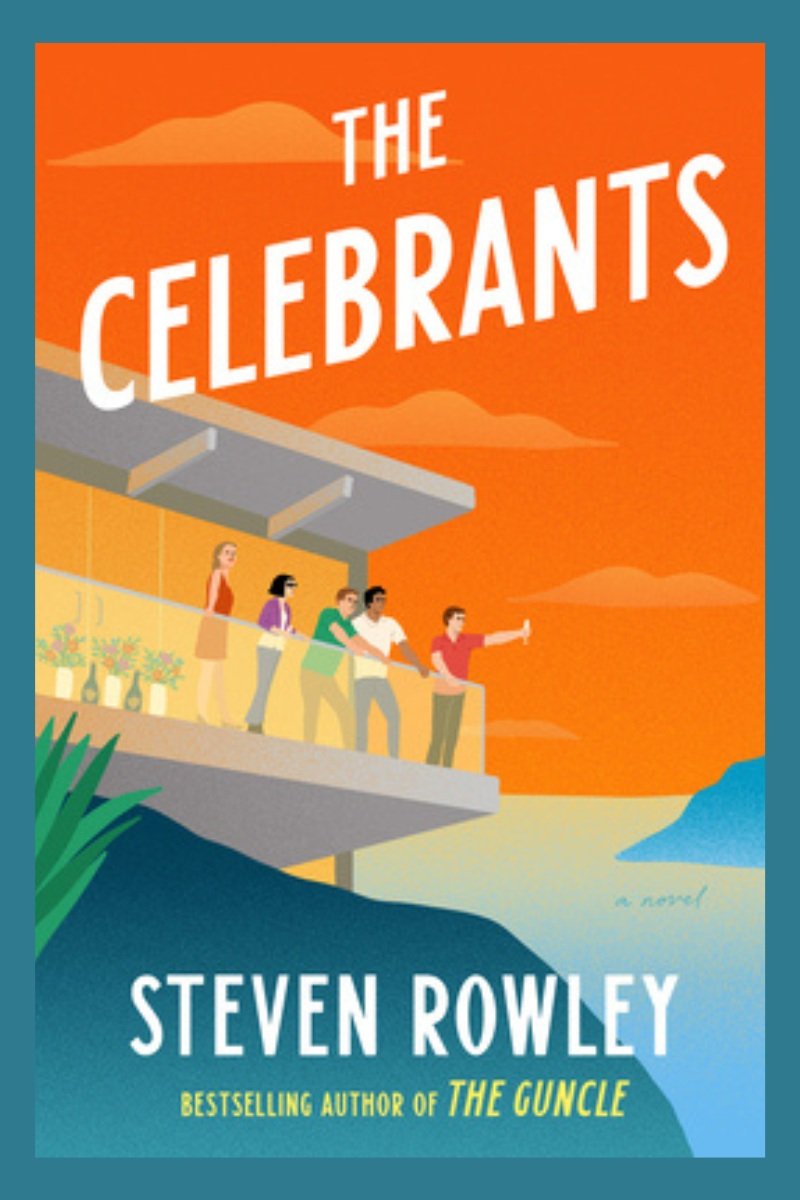Elegy for the Undead – Matthew Vesely
Expectation: A survival story about husbands navigating life before one of them turns into a zombie.
Reality: Come for the mediocre zombies but stay for the love story. The strongest aspects of this novella focus on the relationship of the main characters, not their circumstances.
My Take:
Are there still original zombie stories left to tell? Kudos to Matthew Vesely for trying with the entertaining but still somewhat banal novella “Elegy for the Undead.”
Essentially a story told in two timelines — one focused on the relationship history of husbands Jude and Lyle; the other on the aftermath of a nascent zombie-inducing virus — the author delivers on character development and a few chilling moments but in the end it felt a little paint-by-numbers.
Essentially a mishmash of the best pop culture zombie stories of the last 20 years — “28 Days Later,” “World War Z,” “Dawn of the Dead” and “The Last of Us” — Vesley’s inspirations are clear, and he honored his multi-format predecessors with a few new ideas that kept me engaged despite a terrible audiobook narration (more on that later).
This is a queer story, and that angle is what gave Vesely his most interesting ideas. There are subtle parallels to the early AIDS epidemic and biases in health care, but he also provides astute observations about long term relationships, the monotony and joy of loving and trusting another person and life as a caregiver.
While it follows the typical trajectory of the disease-wrought apocalypse, that aspect of the plot had a lot of holes and felt pedestrian. In other words, come for the affecting love story but stay for the mediocre horror.
If you’re someone who was charmed by the Bill and Frank episode of “The Last of Us,” or are looking for a different twist on the traditional zombie plot, then you’ll absolutely want to check this out. However, no one should listen to the audiobook.
For the past few years I’ve had a hate/tolerate relationship with narrator Daniel Henning. His nasally and sarcastic delivery makes every queer character appear as a stereotype. His portrayal of Jude was so distracting it frequently pulled me out of the narrative.
Charlie Thurston, as Lyle, was more understated and realistic. In many ways the strength of his performance showed how terribly Henning represented the text. It’s honestly rare for me to find a narrator that completely disrupts my enjoyment of an author’s work but Henning has become that person.
Had I researched that he was in the credits, I would’ve opted to read “Elegy” versus listening to it.
Rating (story): 3.5/5 stars
Rating (narration): 3/5 stars
Format: Audiobook (library loan)
Dates read: August 14 – August 15, 2023
Multi-tasking: Good to go. After the first few chapters you can easily follow the structure of the story.





